Yemeni forces fully liberate northern province of Jawf, turning the tide of conflict: Army spox
The spokesman for the Yemeni Armed Forces says the country’s troops, supported by allied fighters from Popular Committees, have managed to seize full control over the country’s northern province of al-Jawf from Saudi-sponsored militiamen loyal to former president Abd Rabbuh Mansur Hadi.
Speaking at a press conference in the Yemeni capital city of Sana’a on Wednesday afternoon, Brigadier General Yahya Saree highlighted that the liberation of the territory during a recent operation, codenamed “God Overpowered them”, corroborated the ability and prowess of Yemen’s armed forces to impose new equations in a different geographical terrain, and on more than one front in a very short period of time.
“Our forces efficiently carried out all their operational tasks after having been able, with God's help, to move from the defense stage to the offense one through a comprehensive military strategy,” he added.

The senior Yemeni military figure noted that Yemeni army soldiers and their allies could wrest complete control over al-Hazm, al-Maslub, al-Ghayl, al-Khalq, al-Maton and Khab wa al-Sha'af districts in Jawf province following their operation.
Saree highlighted that Saudi military forces pushed hundreds of mercenaries, mostly from the kingdom’s southern border regions of Najran, Jizan and Asir, into the intense battles, and Saudi-led military aircraft mounted over 250 raids.
He went on to say that Yemeni missile defense forces used domestically-developed medium-range Nikal, Qassem (Raider) and Badr ballistic missiles during the operation, hitting dozens of Saudi military and economically strategic targets.
The spokesman for the Yemeni Armed Forces underscored that the country’s air defense teams could intercept Saudi-led warplanes on at least 10 occasions, forcing them off the Yemeni airspace before they could carry out any act of aggression. They also shoot down a Saudi Panavia Tornado multirole combat aircraft.
Saree added that the engineering and anti-armor units of the Yemeni army could well accomplish all their tasks during the operation, as artillery units demolished the enemy's fortification lines and army soldiers fought off enemy forces with their light and medium weapons.
He said tribesmen, including the sheikhs and distinguished personalities, contributed to the success of the military operation as well.
“The position of the tribesmen is not something outlandish as they have a long history of combating foreign aggression and invaders, and uphold principles that reject mercenaries, traitors and proxies,” Saree commented.
He said enemy forces have suffered significant losses during the operating, and that more than 1,200 mercenaries have either been killed, wounded or captured in the process.

Saree underlined that Yemeni troops and fighters from Popular Committees did their utmost to preserve archaeological sites during the operation and will continue to do so, arguing that Saudi forces and their mercenaries have been systematically destroying Yemeni heritage places over the past years.
Saudi Arabia and a number of its regional allies launched the devastating campaign against Yemen in March 2015, with the goal of bringing Hadi back to power and crushing the Ansarullah movement.
The US-based Armed Conflict Location and Event Data Project (ACLED), a nonprofit conflict-research organization, estimates that the war has claimed more than 100,000 lives over the past nearly five years.
Saudi Arabia and the United Arab Emirates have purchased billions of dollars' worth of weapons from the United States, France and the United Kingdom in the war on Yemen.
The Saudi-led coalition has been widely criticized for the high civilian death toll from its bombing campaign. The alliance has carried out more than 20,650 air raids in Yemen, according to the data collected by the Yemen Data Project.
The UN says over 24 million Yemenis are in dire need of humanitarian aid, including 10 million suffering from extreme levels of hunger.
VIDEO | Tehran sky illuminates over
Maduro’s abduction: China says US cannot act as world’s ‘police’ or ‘judge’
VIDEO | Australians protest over US action in Venezuela
Cuba declares national mourning for 32 citizens killed in US raids on Venezuela
Iran: US must release kidnapped Venezuelan president
After US aggression against Venezuela, Mexico could be next: Report
Qalibaf: Protesters must be heard but foreign-linked agitators will be dealt with
VIDEO | German government refuses to condemn US aggression against Venezuela




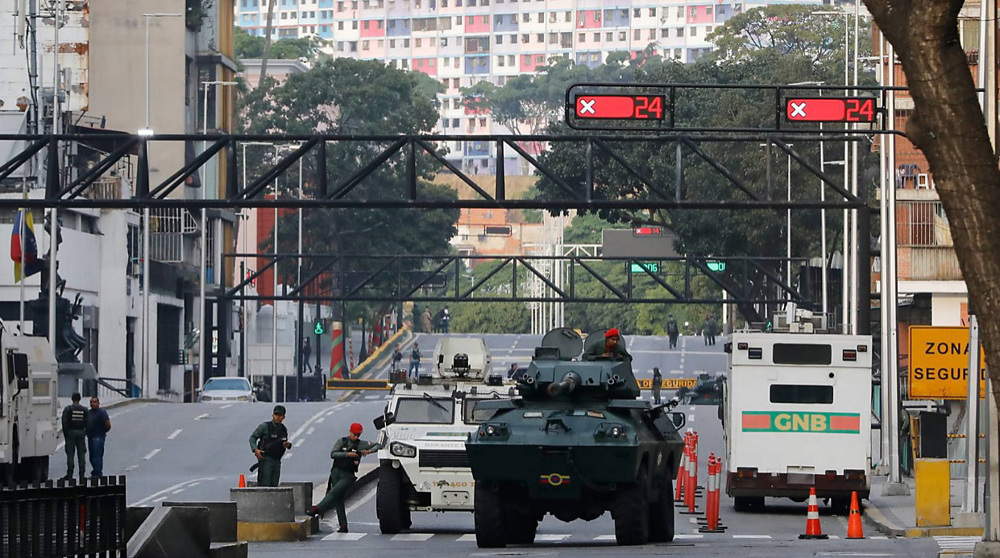
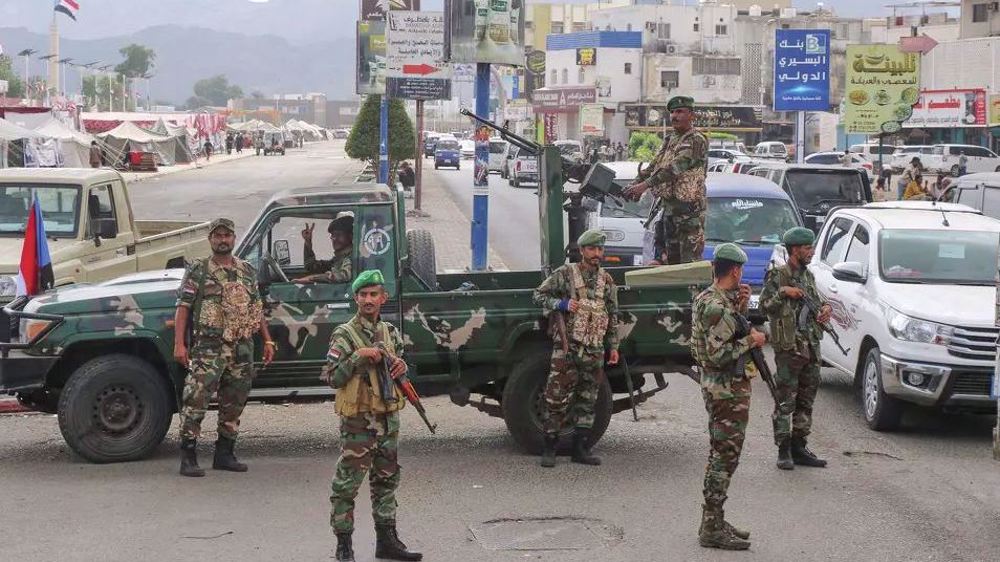
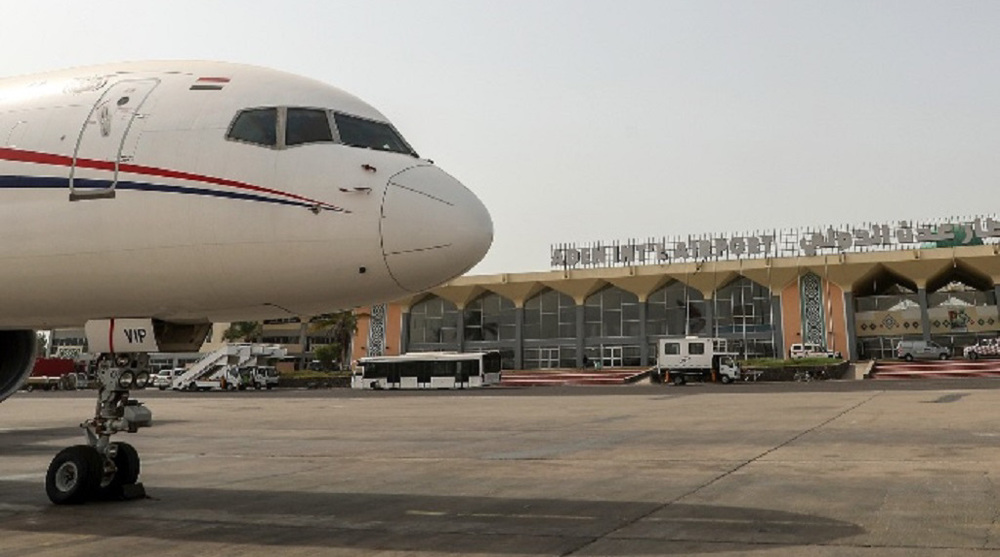



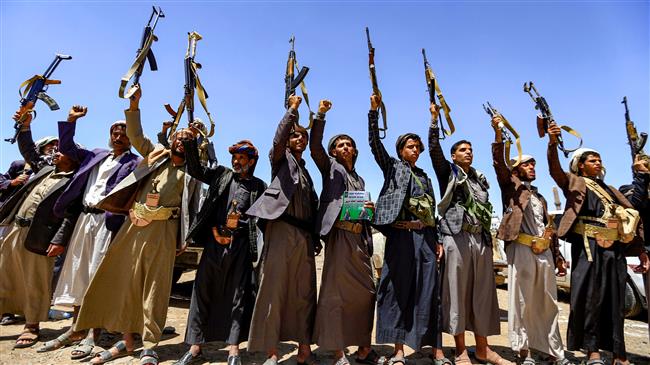
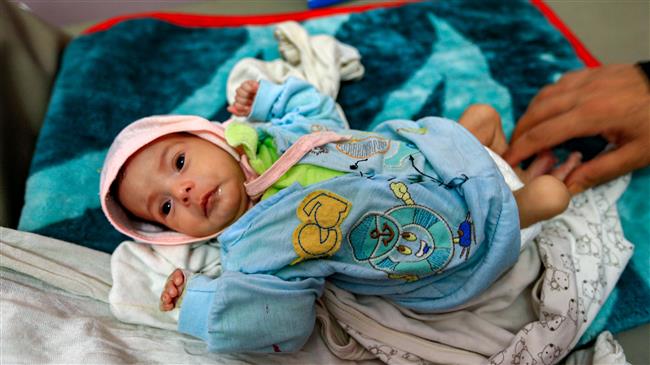
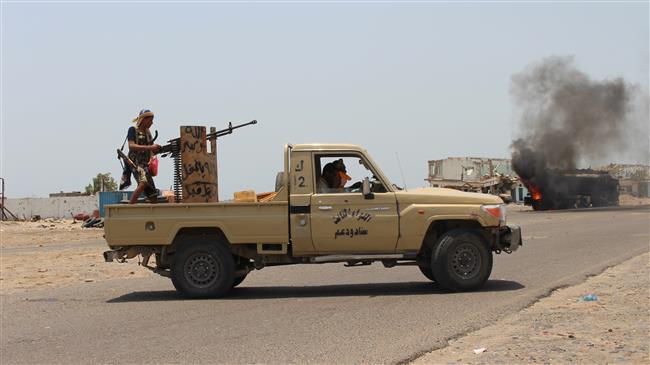
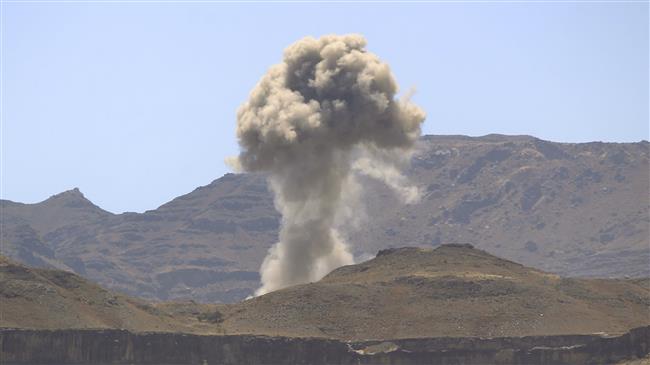
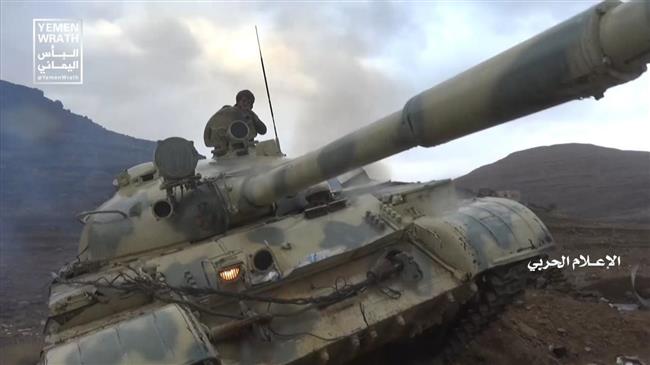
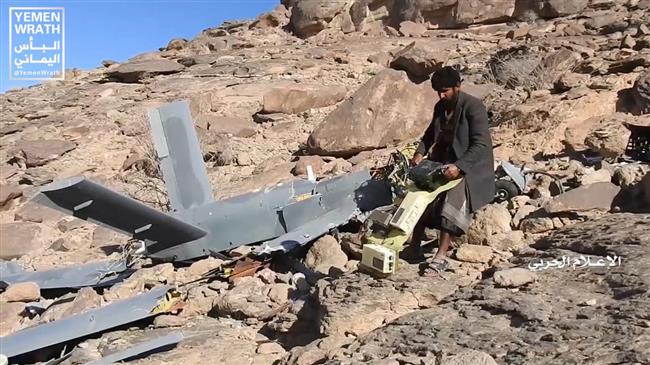
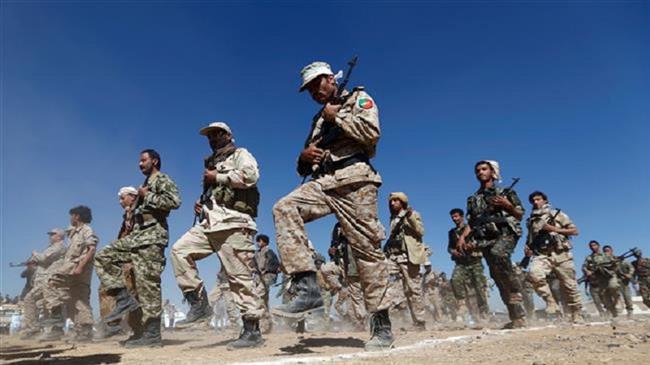
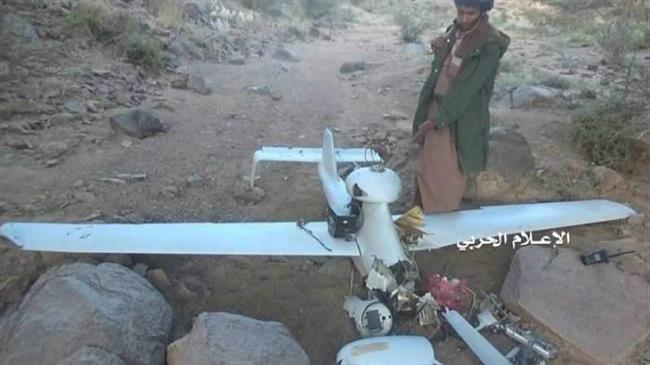

 This makes it easy to access the Press TV website
This makes it easy to access the Press TV website